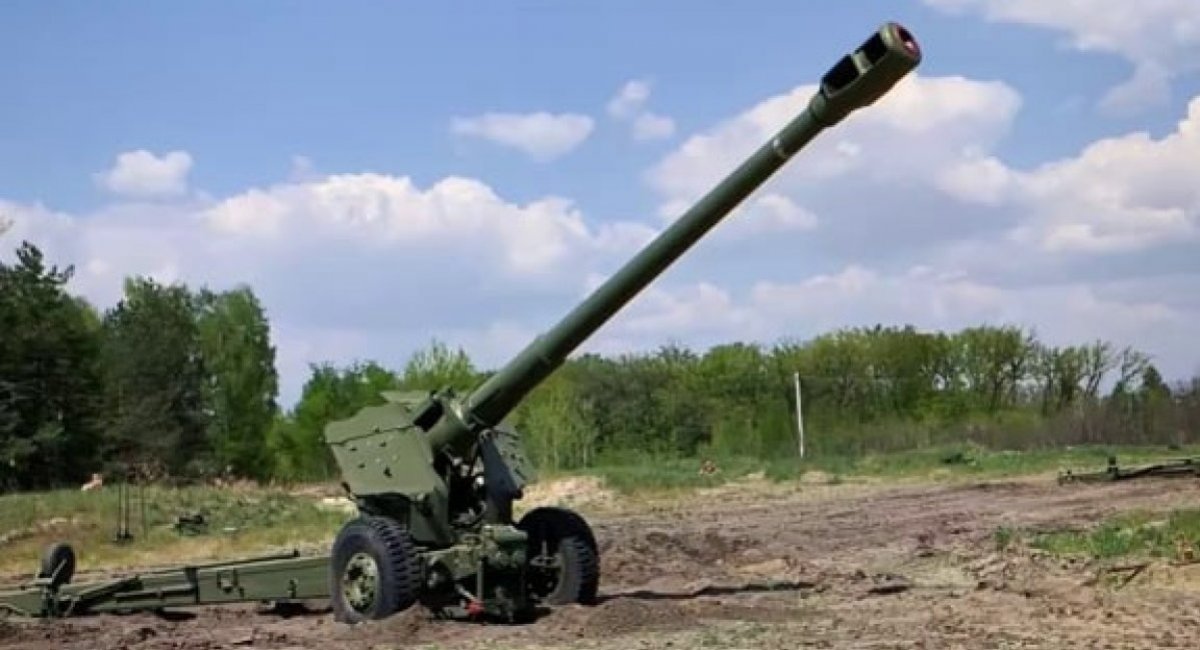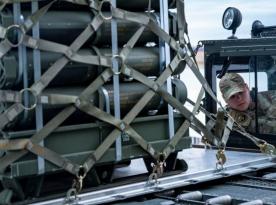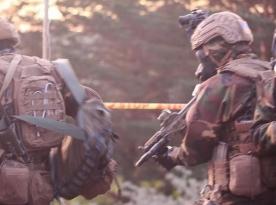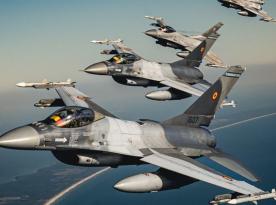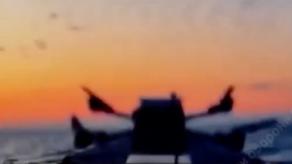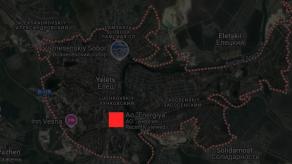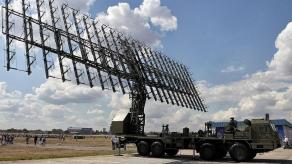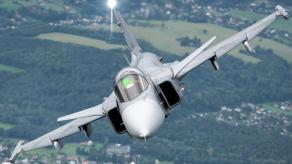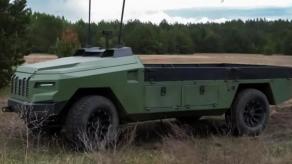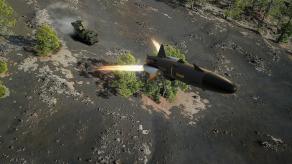Recently, an unknown towed howitzer mounted on a carriage typical of Soviet D-20 and D-74 systems has been spotted in service with the Dnipro-1 Fire Support Regiment of the Liut Brigade, part of Ukraine’s National Police.* While the system’s origin remains unconfirmed by its operators, several visible features point toward a little-known development from a former Yugoslav republic.
The weapon, first shown in a TikTok video published by Dnipro-1, appears to be a towed howitzer of either 152mm or 155mm caliber, with a barrel length roughly estimated at 39 calibers.
Read more: Ukraine’s 19 CAESAR 8x8 Howitzers Fired 40,000 Rounds in Two Years — Impressive or Concerning?
The Dnipro-1 Fire Support regiment of the Lyut brigade uploaded a video of what seems to be a second towed variant of the 2S22 155mm howitzer.Unlike the previous one based on the 2A36, this one is mounted on the carriage of a D-20 152mm howitzer, and has a shorter (likely… pic.twitter.com/RxGbdjVyXU — Jeff2146 (@Jeff21461) June 2, 2025
The closest and most plausible match is the Yugoslav-developed Nora M-84 artillery system, first introduced in 1984. The original Nora was chambered for the 152mm round, with a 39-caliber barrel, while a 155mm version entered production after 2008.
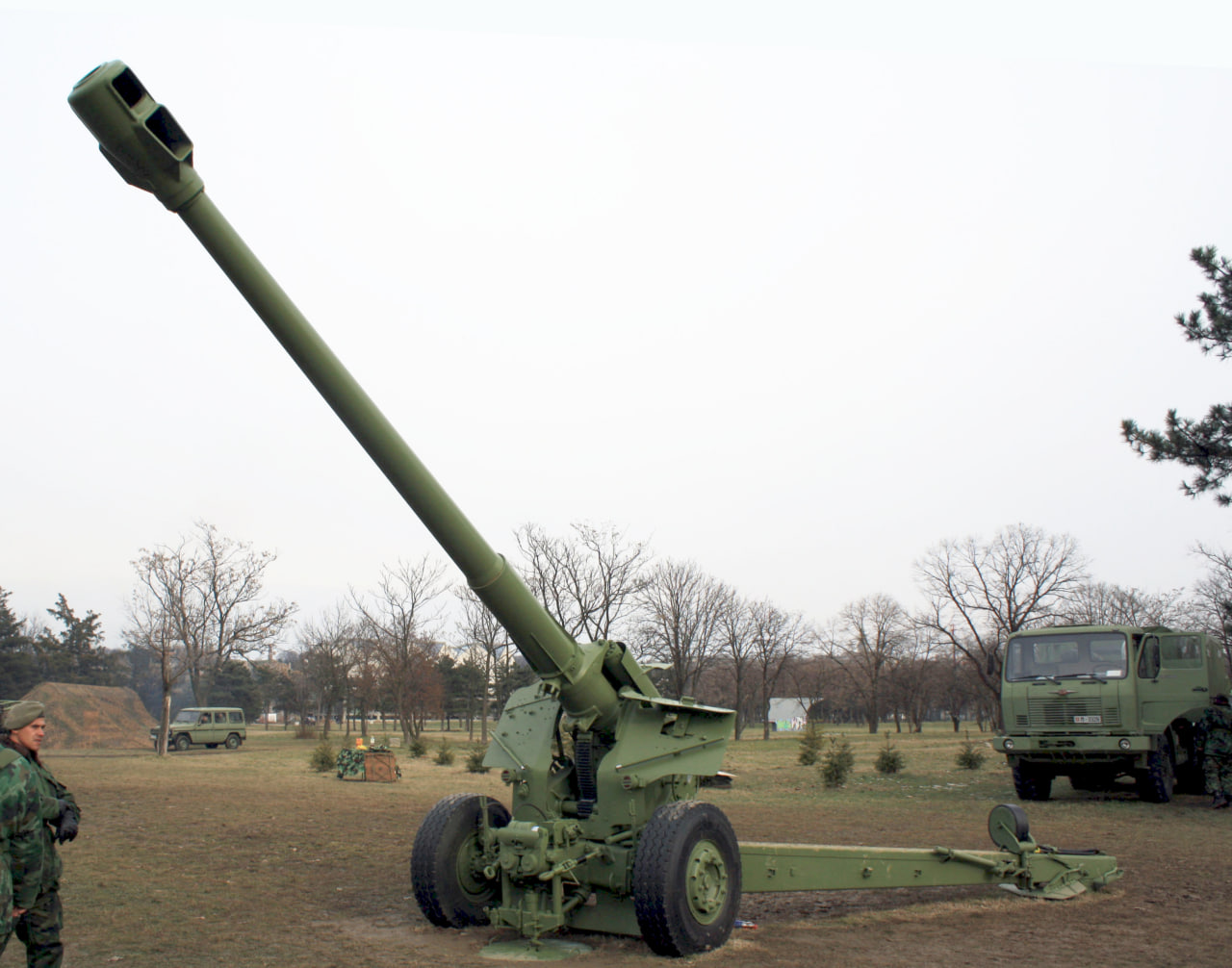
Following the breakup of Yugoslavia, Serbia retained the largest stockpile of Nora M-84 systems along with development and manufacturing capacity. However, some systems also found their way into the arsenals of Bosnia and Croatia after the independence wars of the 1990s.
Croatia stands out as the most likely origin of the system seen in Ukraine. The country previously withdrew its towed Nora M-84s from service due to incompatibility with NATO standards and placed them into storage. Croatia has also supplied Ukraine with other former Soviet artillery, such as 130mm M-46 guns, under similar circumstances.
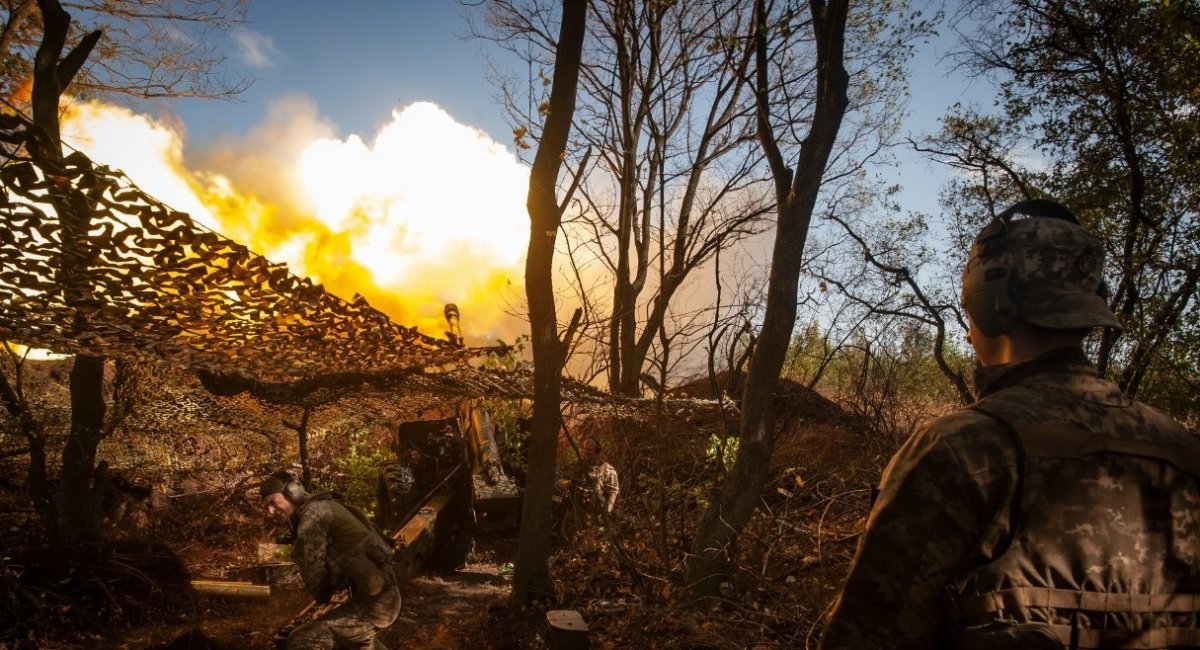
Another potential donor is Bosnia and Herzegovina, which possesses Nora M-84s and maintains a policy banning direct military equipment exports to Ukraine but allows it via intermediaries. We'll return to discussing Bosnia, as a possible supplier, later.
Serbia, on the other hand, is the least likely source, as it wants to keep any involvement in supplying arms to Ukraine under wraps, hence sending a particularly distinctive system like this would immediately catch the eye.
There is also a chance that this howitzer is not a Yugoslav legacy system at all, but a Ukrainian modification. It could be a hybrid piece — perhaps a new gun of Ukrainian or European origin mounted on a Soviet D-20 carriage. Alternatively, it might be a new variant of Ukraine’s domestically produced 2P22 Bohdana-B towed howitzer. The original Bohdana-B used a gun from the self-propelled Bohdana mounted on a Giatsint-B carriage.
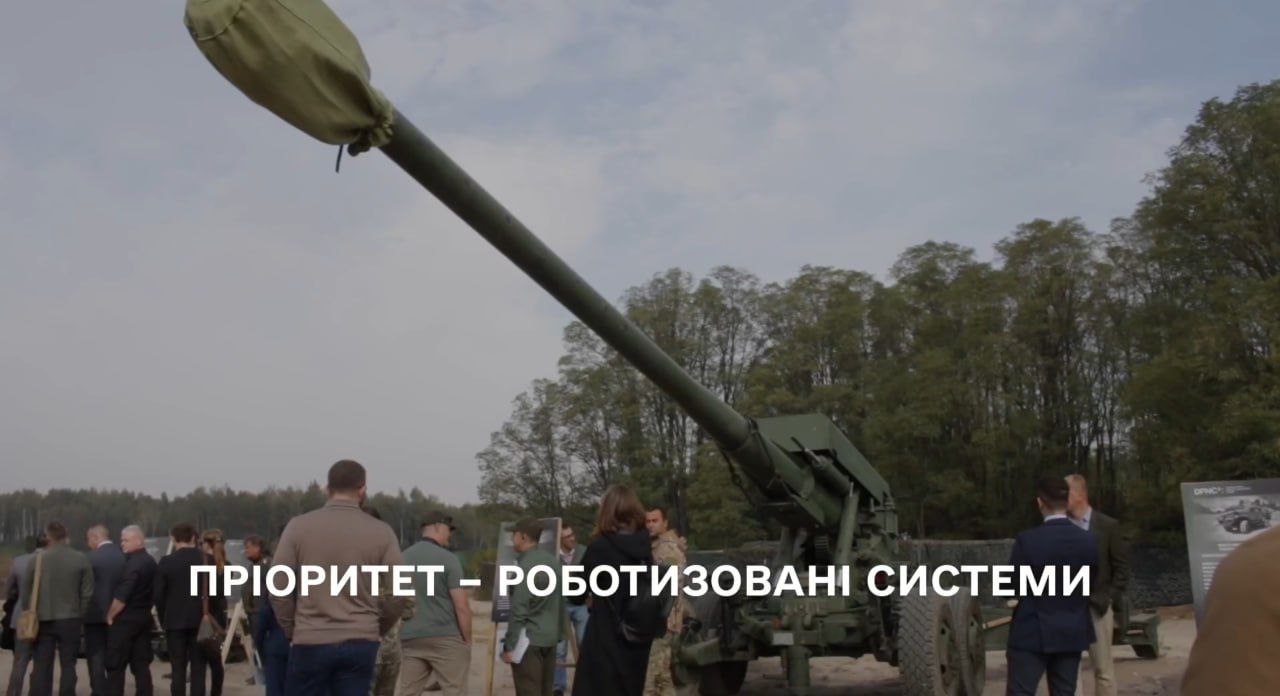
However, the gun seen in the video has a noticeably shorter barrel than the standard 52-caliber Bohdana, which suggests that, if it is related, this version is using a newly adapted shorter gun.
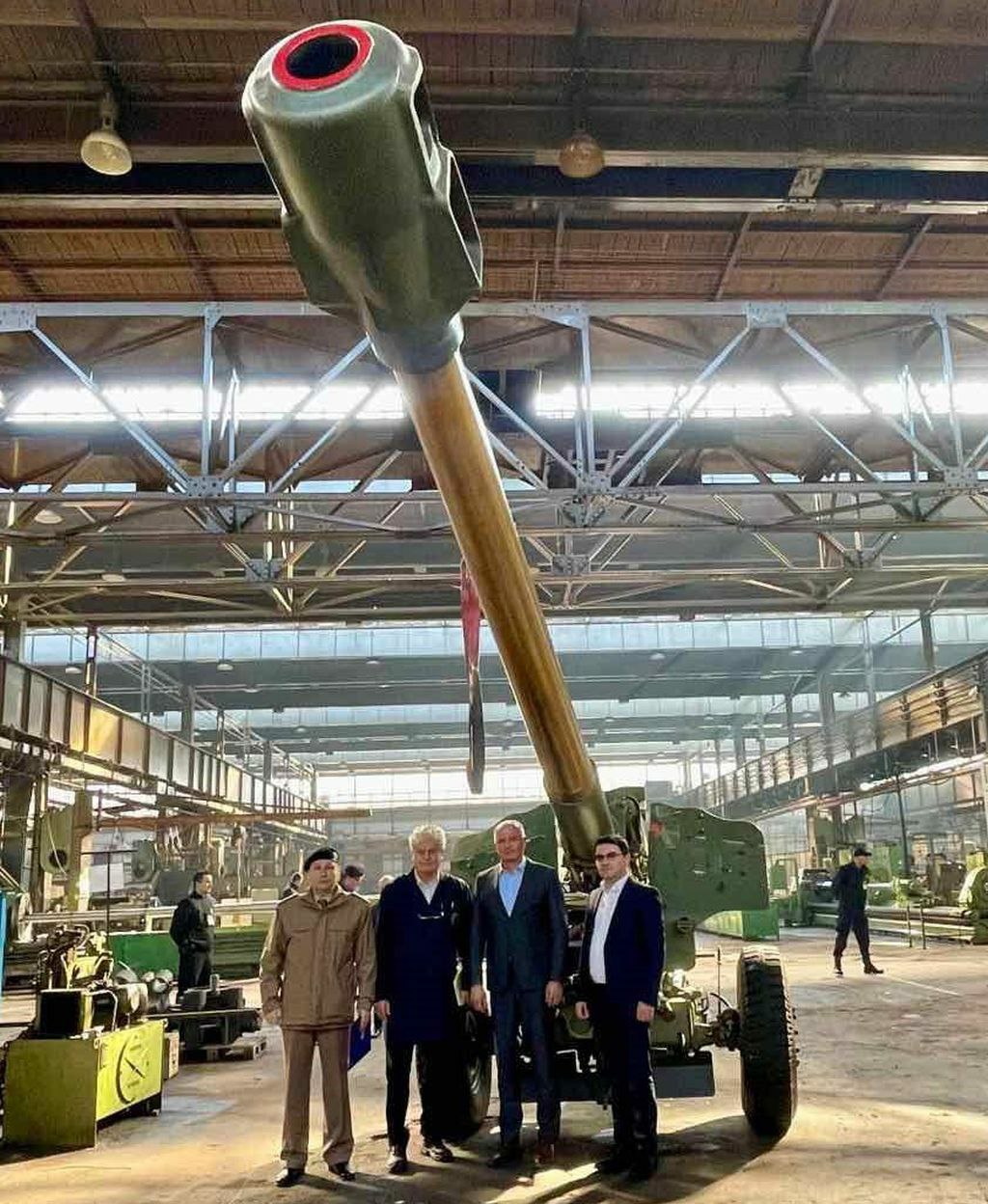
An additional possibility is that Bosnia and Herzegovina may have supplied Ukraine with a locally produced 155mm howitzer developed by BNT-TMiH, sometimes referred to as the M94. Though little is publicly known about this system, it is visually similar to the weapon seen in the video.
The M94 features a 155mm caliber and a 39-caliber barrel, reportedly mounted on a carriage from the aforementioned Nora M-84 . Factory photos have shown new units in production, including some unfinished ones with unpainted barrels.
Importantly, the Ministry of Defense of Bosnia and Herzegovina announced in February 2025 that all of BNT-TMiH products are available for export. This opens the possibility that such a howitzer could have been transferred to a third party and subsequently supplied to Ukraine — consistent with Bosnia’s policy.

A less likely explanation is that the weapon is a 122mm D-74 gun from the 1950s, which has been used by russian forces in the war. While similar in appearance, the D-74 is now rare, with most examples already sold off abroad, making this scenario improbable.
Overall, multiple indicators suggest the howitzer fielded by the Liut Brigade may have originated from the Balkans, particularly Croatia or Bosnia and Herzegovina. However, without a clear view of the breech or additional footage, definitive identification remains out of reach. Further videos or images may provide the necessary detail to confirm the weapon’s identity.
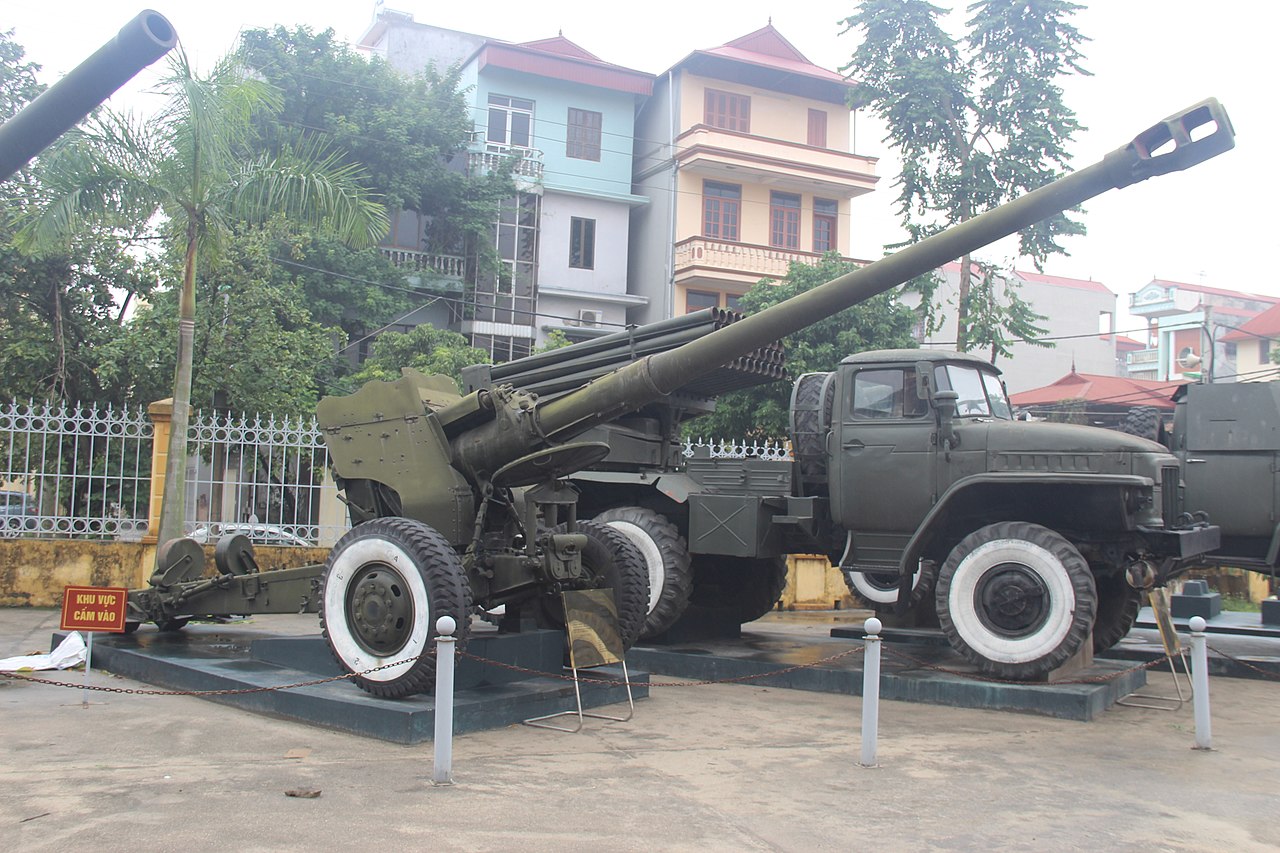
Defense Express memo: during martial law in Ukraine, police and other law enforcement units partially take on the supporting role to the regular military, as part of what is collectively known the Ukrainian Defense Forces. More on that here.
Read more: How Many IRIS-T Systems and Missiles Can Be Procured for €2.2 Billion Under the New Contract for Ukraine?




